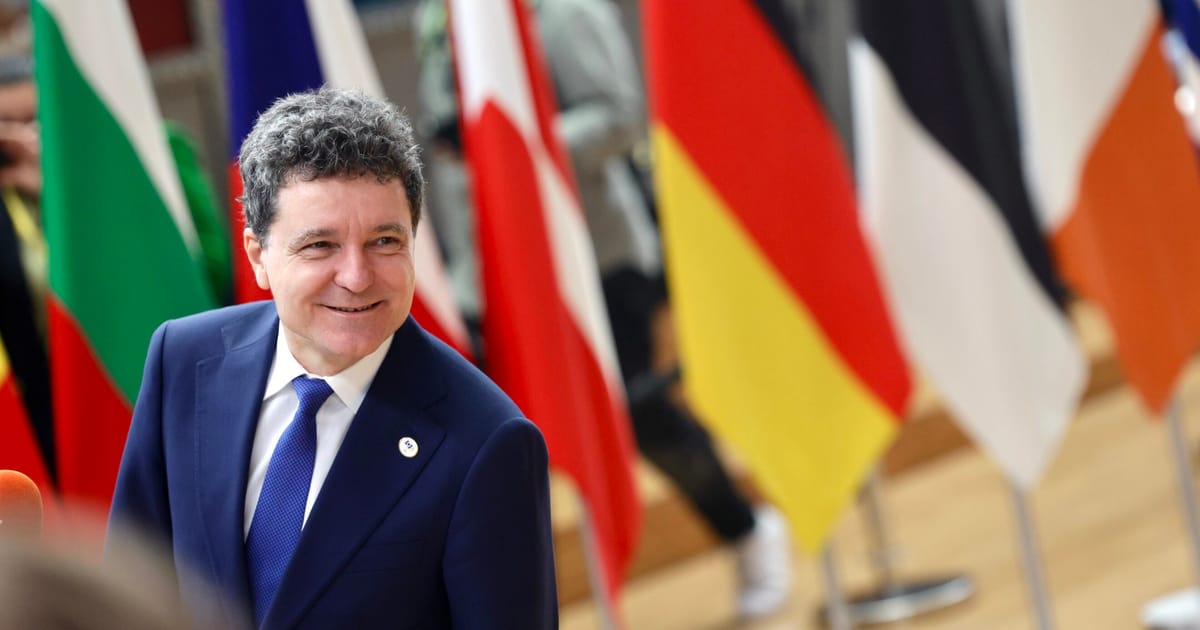

Europe’s political and social landscape continues to unfold with various significant events shaping countries and communities. In Romania, the political scene brings a fresh dynamic as the new independent president, Nicușor Dan, carefully considers aligning with a European political family. Meanwhile, in France, the adoption of a controversial agricultural law sparks debate and division. Additionally, the region of Setúbal in Portugal faces healthcare challenges with an impending temporary suspension of obstetric emergency services. Through these stories, we observe the diverse issues engaging and affecting Europe today.
In Romania, the recent presidential victory of Nicușor Dan has put him at the center of a political tug-of-war between European liberals and conservatives, eager to enlist his support. Dan, known for his independent streak, finds himself courted by both the Renew Europe group and the European People’s Party, each looking to bolster their ranks with his alignment. As Dan weighs his options, his decision could potentially impact Romania’s political alliances within the European Union. His deliberation reflects a broader desire to seek a path that best serves Romania’s interests while maintaining his commitment to independence.
Across the continent in France, a significant legislative development has captured national attention. The French National Assembly recently passed the Duplomb law on agriculture, a decision supported by the government but met with considerable opposition. The law’s adoption, with a vote of 316 in favor and 223 against, highlights the divisive nature of its contents, particularly concerning the conditional reintroduction of a neonicotinoid pesticide, a topic of environmental and health concerns. The strong stance of opposition parties, including the left and ecologists, against the bill underscores the ongoing debate between agricultural advancement and ecological preservation. As France moves forward with this new legislation, balancing economic needs with environmental responsibilities remains a critical conversation.
Further south, in the peninsula of Setúbal, Portugal confronts immediate healthcare issues due to a shortage of obstetricians. This scarcity threatens the operation of emergency obstetric services, anticipated to temporarily cease from the upcoming Wednesday. The healthcare system’s struggle to maintain adequate staffing levels in specific regions points to broader challenges within the sector. Addressing these shortages is crucial in ensuring continuous access to essential medical services, preventing disruptions that can impact communities profoundly.
In a broader societal context, a reflective opinion piece invites us to consider our tendencies to complain, casting a mindful spotlight on our perpetual quest for improvement and the culture of reclamation. This philosophical inquiry encourages individuals to pause and embrace a more balanced perspective, fostering a harmonious approach to modern challenges. By nurturing mindfulness, there is a call for collective calm and thoughtfully addressing issues without being consumed by constant dissatisfaction.
These varied events across Europe not only highlight current political and social dynamics but also reflect broader themes of choice, change, and adaptability. As nations and their leaders navigate these complex landscapes, the unfolding decisions and responses will undoubtedly shape the future trajectories of not only the individual countries involved but the European region as a whole. With a calm and considerate approach, finding common ground and sustainable solutions remains a hopeful aim for a continent characterized by its rich diversity and shared challenges.
Source: {link}
